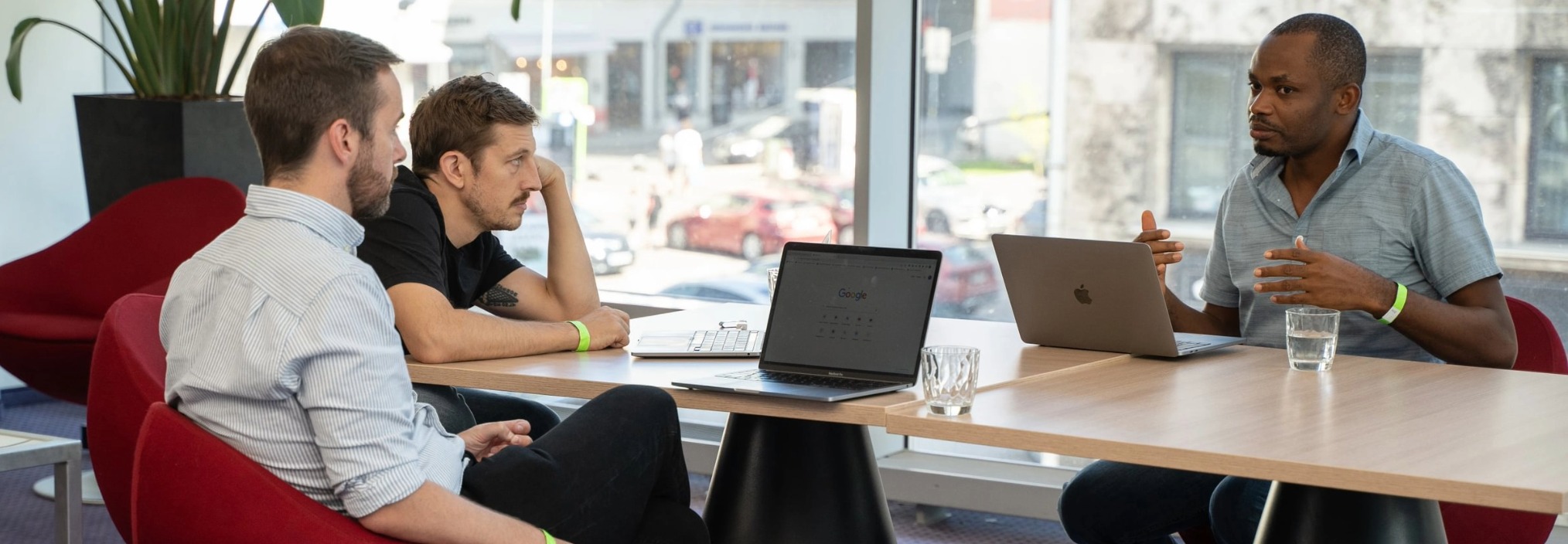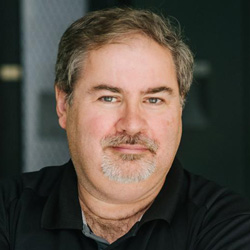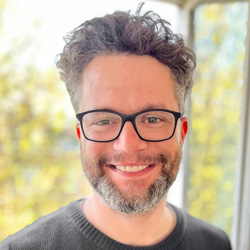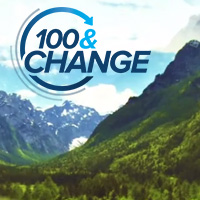The Organized Crime and Corruption Reporting Project discusses their 100&Change Finalist proposal supporting investigative journalists across the globe.
Picture an investigative journalist. You might see a middle-aged man in a rumpled suit shouting questions at a government briefing, or meeting with a source in a darkened parking lot.
But those stereotypes are badly out of date.
At the Organized Crime and Corruption Reporting Project (OCCRP), we have spent nearly two decades building a global network of investigators. On any given day, one of them might be writing code with a Python script to scrape a government database, using AI to analyze records, or working with a third-party vendor to track an oligarch’s jet.
We have spent nearly two decades building a global network of investigators.
Many are young—some barely out of school—and a majority are women. And they are as diverse as the dozens of countries where they work, from Venezuela to Kazakhstan to Nigeria.
But OCCRP’s cutting-edge secret is this: our journalists are more excited to collaborate than to compete. They are more likely to share a key finding with a colleague than to worry about being scooped.
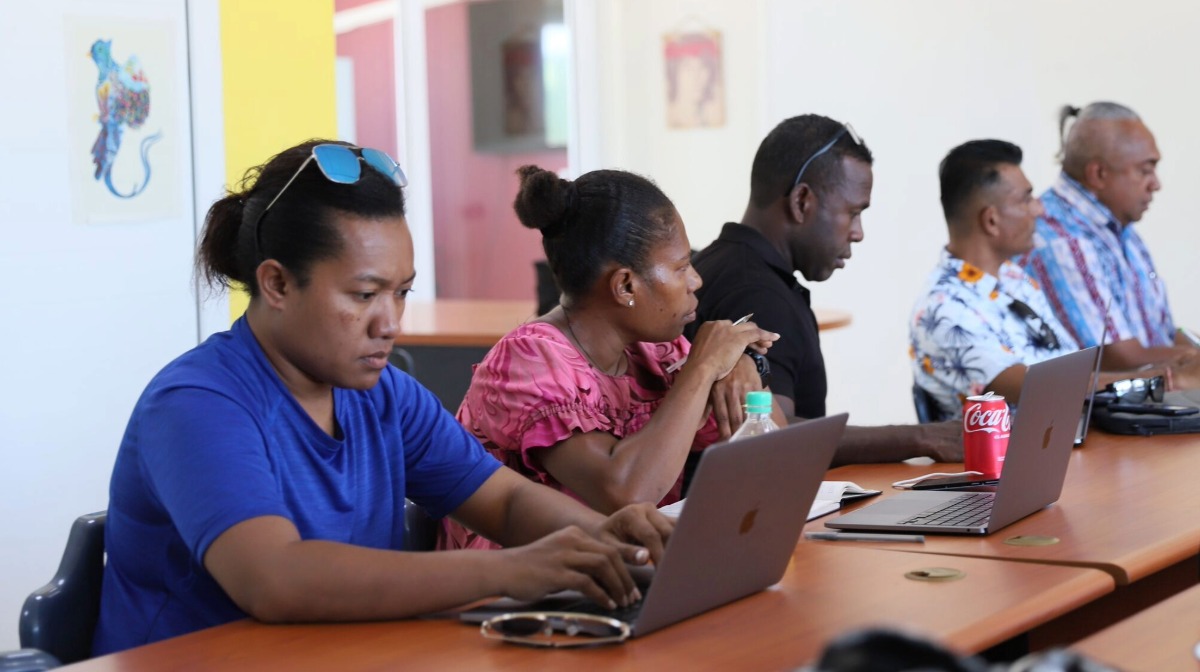
OCCRP journalists from the Pacific Islands meet to discuss story ideas and investigations. Credit: OCCRP
We are built this way because that is what it takes to succeed in a world that has fundamentally changed.
Organized crime and corruption have globalized. Money stolen from a project in Southeast Asia will flow unfettered through offshore companies to bank accounts in London or Miami—where it can buy political influence, purchase luxury real estate, or enrich a public relations consultant.
These schemes are supported by a fast-growing “criminal services” industry—the law firms, lobbyists, banks, and hedge funds who empower criminal and corrupt actors, supplying them with expertise and infrastructure.
Everyday citizens are affected the most as public resources intended for infrastructure, education, health care, and social services are stolen. Their countries might be “captured” as democracy, accountability, and transparency suffer beyond recognition.
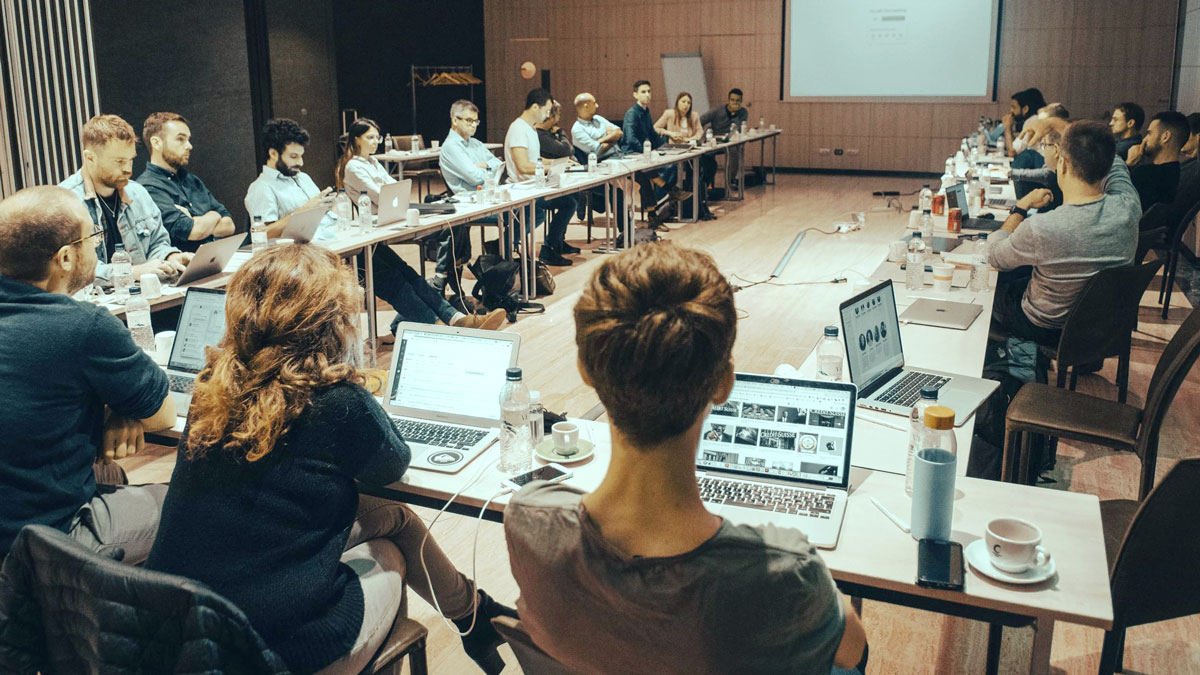
A global team of journalists discuss Suisse Secrets, a collaborative project led by OCCRP. The investigation into Swiss bank Credit Suisse revealed how the international financial system can enable theft and corruption. Credit: OCCRP
Networked journalists like us are a critical part of fighting back. Only by collaborating across borders is it possible to uncover the hidden global structures that empower the malevolent foreign powers, organized criminal bosses, dogmatic billionaires, and ideological extremists.
But despite our best efforts, most journalists around the world still work alone and lack the resources they need. Whether it is a shortage of money, skills, or an owner who discourages critical reporting, journalism is not as free and unfettered as it needs to be. Meanwhile, the forces of corruption have nearly limitless funds to undermine those that would stop them.
We want to build an ecosystem that will empower all investigative journalists to shine a light on wrongdoing…
We are in the midst of a global tug-of-war and democracy is losing. If members of the public, honest public servants, and diligent law enforcers are going to have any hope of keeping up, we need to grow in number and effectiveness.
That is why our plan is to tie the entire investigative world together. We want to build an ecosystem that will empower all investigative journalists to shine a light on wrongdoing, no matter where it takes place.
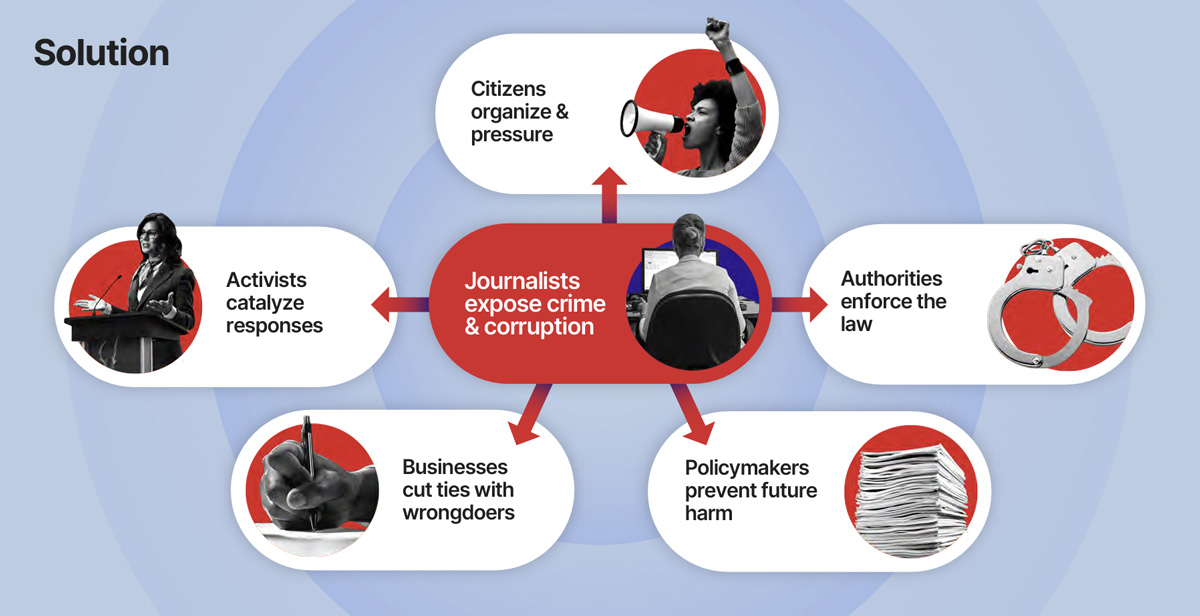
By equipping, protecting, and empowering a global network of investigative journalists, OCCRP supports an ecosystem that combats crime and leads to long-term benefits for democracies and human wellbeing. Credit: OCCRP
Part of that is physical expansion—to connect those not yet connected. We will move beyond traditional centralized editorial structures to build interconnected but self-contained publishing hubs on every continent.
This will enable a new constellation of local partners with local skills and knowledge to join OCCRP. They will be backed by our global support network with access to OCCRP’s vaunted research team, data desk, technological tools, legal aid, and safety training.
For the first time, many talented reporters will find themselves adequately resourced, plugged in, and connected.
For the first time, many talented reporters will find themselves adequately resourced, plugged in, and connected.
But we need to deepen our work as well as broadening it. OCCRP is committed to sharing its findings with activists, researchers, and other changemakers who fight corruption and crime. We will not just publish stories—we will share the underlying context and data, map malignant power and money, and empower the civil society coalition that will strike back.
The result will be a truly global media movement that publishes around-the-clock and around the world, includes anyone willing to join the fight, and amplifies its impact through an ever-growing network of allies.



